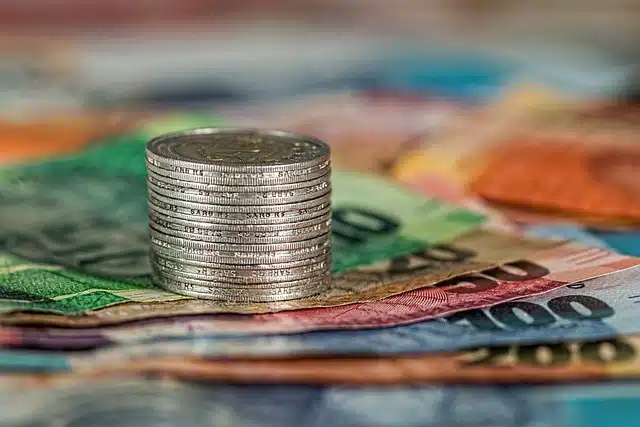
The economic cycle is formed by the succession of phases of growth and depression of the economy.
The Greek word kýklos , which can be translated as “wheel” or “circle,” came into Latin as cyclus . That is the closest etymological antecedent of cycle , a term that has several meanings.
A cycle can be a succession of phases or a temporary period that, when it ends, begins again. Cycles are also series of operations, processes, phenomena or events.
Economic , meanwhile, refers to that related to the economy . Economics is the science that is dedicated to analyzing the most efficient resources so that, by appealing to goods that are scarce, the satisfaction of material needs can be achieved. The set of activities and goods that make up wealth is also called economy.
What is an economic cycle
The idea of a business cycle refers to the fluctuation between the stages of expansion and depression in an economy . According to specialists, economic evolution is characterized by the alternation between growth and contraction of activities , which forms a cycle.
Recognition of the causes of the economic cycle depends on the school and ideology of the analyst. The manipulation of interest rates and the marginal efficiency of capital , for example, are mentioned by different economists.
At a general level, it is agreed that the alternation of growth and depression occurs when economic activities are carried out by profit-seeking entities. The economy grows when many activities expand simultaneously, until a point is reached where contraction begins. After the recession, the sequence continues with another phase of growth and so on.
It is important to consider that the stages of the economic cycle do not always last the same length. In some cases they last for a year and in others they can persist for more than a decade, depending on multiple factors .

In the expansionary phase of an economic cycle, the unemployment rate tends to decrease.
Different types of variables
Economists distinguish between different variables according to their impact on the development of the economic cycle. When the effects of the phase are accentuated, we speak of a procyclical variable : these variables contribute to the acceleration of growth and, in return, deepen the recession .
Countercyclical variables , on the other hand, function as an opposing force to growth and as a stimulus in times of recession. If the modifications are not associated with alterations in activity, finally, reference is made to acyclic variables .
As can be seen, a government must encourage procyclical variables that help expansion in a growth phase, while in depression it must promote countercyclical variables. In this way, it can favor the duration of the expansive stage and minimize the depressive phase.
Consequences of the economic cycle
It cannot be omitted to mention that the economic cycle influences people's living conditions . This can be seen especially if the economy is in recession.
When economic activity contracts, the unemployment rate increases and wages tend to fall. Thus, employees have low salaries and the unemployed cannot find work . This situation translates into difficulties in meeting basic needs, such as buying food or medicine.
